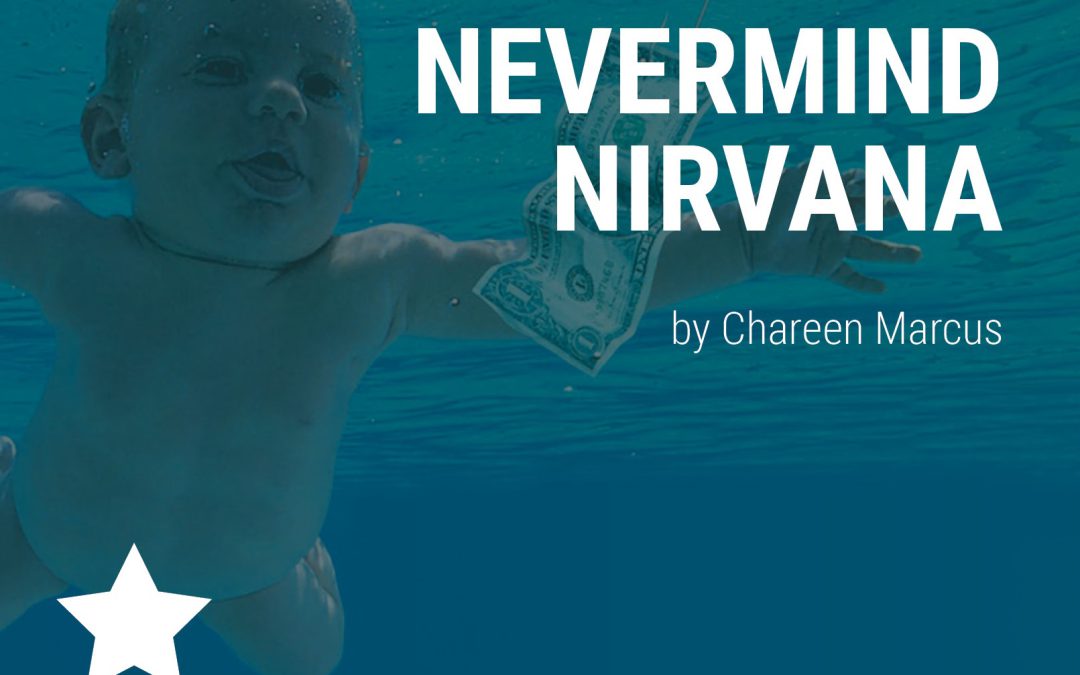Elden’s lawyers alleged that the full-frontal nudity image of him on the album cover constitutes commercial child pornography and that each of the Nirvana defendants had robbed Elden of his dignity and privacy. They argued that neither Elden nor his legal guardians had ever signed a release authorizing the use of the image
and that Elden had suffered “extreme and permanent emotional distress” as well as “lifelong loss of income earning capacity” as a result of the world-wide publication of the image.
A US District Judge dismissed the lawsuit over the past weekend not on the merits of whether the image constituted child pornography or not, but on the basis of what is termed the Statute of Limitations, namely that Elden did not institute the lawsuit within 10 years after he discovered the alleged violation. This is termed prescription in South Africa. Whilst I am not going to examine the issue of prescription in the context of this
article, I thought it would be interesting to deliberate on whether Elden’s claim would have been successful on the merits under South African law i.e. would it have been found to constitute child pornography and would Elden have been entitled to receive his requested
monetary compensation?
The Criminal Law (Sexual Offences and Related
Matters) Amendment Act, 2007 (“the Sexual Offences Act”) defines “child pornography” as –
“any image, however created or any description or presentation of a person, real or simulated, who is, or who is depicted or described or presented as being under the age of 18 years, of an explicit or sexual nature, whether such image or description or presentation is intended to stimulate erotic or aesthetic feelings or not,
including any such image or description of such person …unduly displaying the genital organs or anus of such person …; or
… showing or describing the body, or parts of the body, of such person in a manner or in circumstances which, within the context, violate or offend the sexual integrity or dignity of that person or any category of persons under 18
or is capable of being used for the purposes of violating or offending the sexual integrity or dignity of that person, any person or group or categories of persons”.
The Sexual Offences Act also criminalizes the use
of children for child pornography and the conduct of benefiting from child pornography. Section 20 states
that –
(1) A person (“A”) who unlawfully and intentionally uses a child complainant (“B”), with or without the consent of B, whether for financial or other reward, favour or compensation to B or to a third person
(“C”) or not—
(a) for purposes of creating, making or producing;(b) by creating, making or producing; or
(c) in any manner assisting to create, make or
produce, any image, publication, depiction,
description or sequence in any manner whatsoever of child pornography, is guilty of the offence of using a child for child pornography.
(2) Any person who knowingly and intentionally in any manner whatsoever gains financially from, or receives any favour, benefit, reward, compensation or any other advantage, as the result of the commission of any act contemplated in subsection
(1), is guilty of the offence of benefiting from child pornography”.
he was the
orchestrator
of his own
demise
Elden alleged that each of the defendants had
intentionally commercially marketed the child
pornographic image to promote the ‘Nevermind’ album, the band and Nirvana’s music, while earning, at a minimum, tens of millions of dollars. If one has regard to the express bolded wording in the above definition of “child pornography” and the provisions of section 20 of
the Sexual Offences Act, it is arguable that the naked image of Elden on the album cover with his genitals exposed, may constitute “child pornography” and the use and publication by Nirvana of this image on its album cover which it has been reported, sold over 30 million copies, may constitute the offence of “benefitting from
child pornography” under South African law.
If a person is found guilty under the Sexual Offences Act, the legal consequences of the commission of such offence are criminal prosecution and imprisonment. Accordingly, whilst the Sexual Offences Act may have categorized the depiction of Elden’s naked image as “child pornography” and criminalized the use of the image and financially benefitting therefrom, Elden would not have been entitled to compensation for the alleged loss of his dignity under this Act. In order to claim compensation, he would have had to institute a
civil claim on the basis of what is termed a “delict” in South African law under the Actio iniuriarum. The aim
of this action is to award compensation for the violation of a person’s personality rights such as dignity, privacy and reputation.
In order to be successful in such a delictual action in South Africa, it is necessary to prove the following essential elements, namely –
• Harm sustained by the plaintiff;
• Conduct on the part of the defendant which is
wrongful;
• Fault or blameworthiness on the part of the
defendant; and
• A causal connection between the defendant’s
conduct and the plaintiff’s harm.
Whilst Elden may have been able to prove the intentional publication (fault) by Nirvana of his naked image on their album cover to which neither him nor his legal guardians had ever consented (wrongful conduct) and possibly that his dignity and privacy had been infringed (harm), the contentious issue which Elden may have had great difficulty in proving, is the causation element, namely that the publication of the naked image was a direct cause of his loss of dignity, privacy and life-long earning capacity, as alleged in his lawsuit. In the absence of Elden himself revealing that he was the naked baby on the cover, nobody (other than his parents and close relatives) would have known his identity. Accordingly, it was not the publication of the
image on the album cover that factually caused the impairment of Elden’s dignity and his emotional distress – it was his own revelations and conduct in publicly identifying himself as the baby on the cover. In essence, he was the orchestrator of his own demise. It is also unclear how the publication of the image caused him severe emotional distress and loss of lifetime
earnings as he alleged. Conversely, it has been reported that he financially benefitted from the publication of the image as he autographed covers of the album for a fee and also re-created the swimming pool image several times as both a teenager and an adult, donning a swimsuit for photoshoots commemorating the album’s various milestone anniversaries.
In light of the missing essential causal link, it is unlikely that Elden would be successful in establishing a delictual claim against Nirvana and accordingly, would not be legally entitled to any compensation under South African law.


